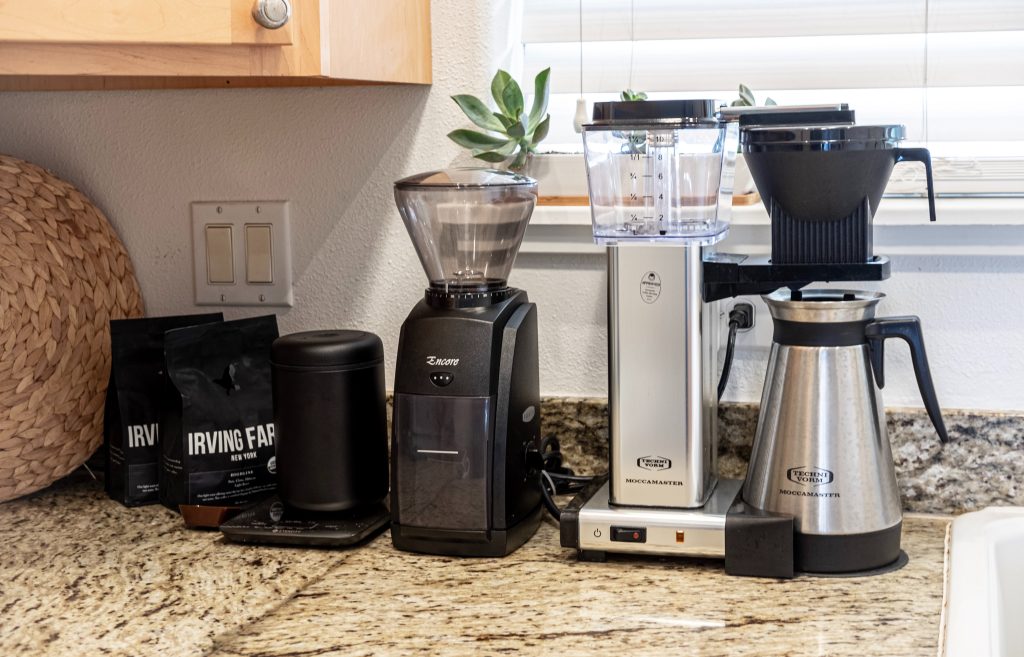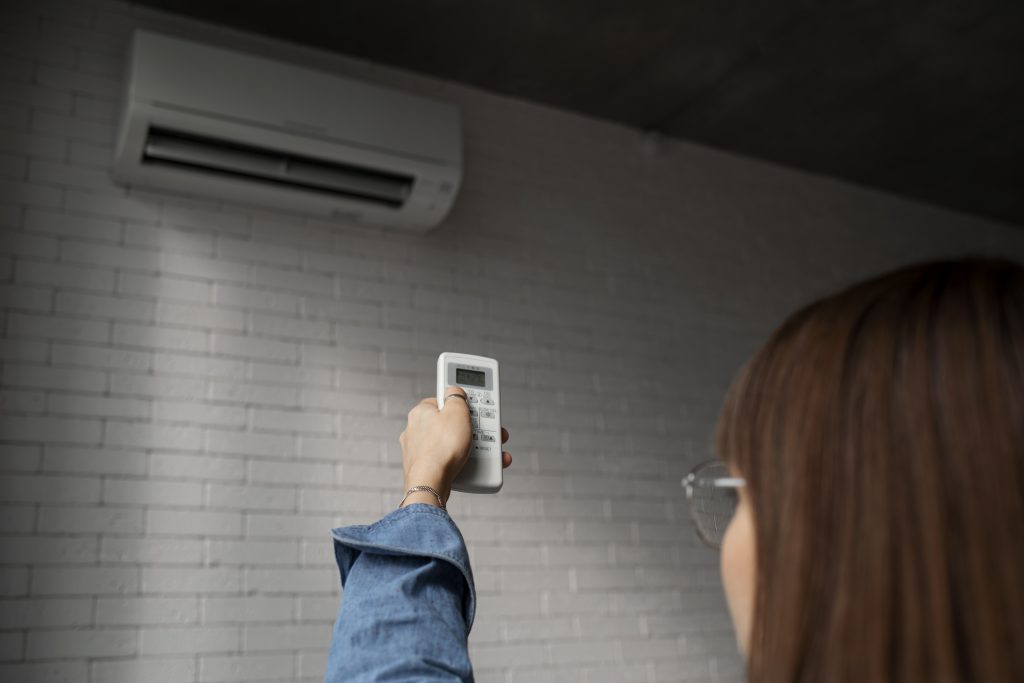Appliance Power Consumption: How Much Your Devices Are Really Costing You
Appliances are an essential part of our daily lives, but they can also be a significant contributor to our monthly electric bills. Being aware of the energy consumption of your appliances can assist you in making informed choices about which devices to operate and how frequently to utilize them.
Here are three common appliances and how much they can add to your electric bill each month.

Refrigerator
The refrigerator is a crucial household appliance; however, it is also one of the most energy-consuming. On average, a typical refrigerator uses about 725 watts of electricity per day. This translates to around 22 kWh per month, which can add up to $5-$10 to your electric bill each month.
To reduce the energy consumption of your refrigerator, make sure it’s properly maintained, keep the temperature at 37-40°F (3-5°C), and avoid keeping the door open for extended periods.
Washing Machine
Washing machines are another common appliance that uses a significant amount of electricity. On average, a typical washing machine uses about 400 to 1,200 watts per load, depending on the size and type of machine. This translates to around 0.2 to 0.8 kWh per load, which can add up to $1-$2 to your electric bill each month.
To reduce the energy consumption of your washing machine, wash full loads of laundry and use cold water instead of hot water. Purchasing an energy-efficient washing machine is another option to consider, as it can substantially diminish your energy usage and result in long-term cost savings.
Air Conditioner
Air conditioners are essential in keeping our homes cool during the hot summer months, but they can also be a significant contributor to our electric bills. On average, a typical air conditioner uses around 3,500 watts per hour. This translates to around 100 kWh per month, which can add up to $20-$50 to your electric bill each month, depending on how often you use it.

To reduce the energy consumption of your air conditioner, keep it at a temperature between 78-80°F (25-27°C) and make sure it’s properly maintained. Investing in an energy-efficient air conditioner is another alternative that can considerably minimize your energy consumption and lead to long-term cost savings.
Understanding the energy consumption of your appliances can enable you to make informed choices regarding which devices to operate and their usage frequency. By making small changes to your daily habits and investing in energy-efficient appliances, you can significantly reduce your energy consumption and save money on your electric bills.
